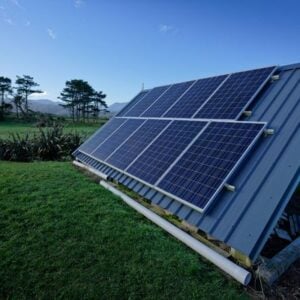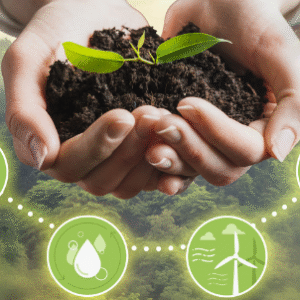The African Energy Commission (AFREC) has successfully completed a three-day technical training workshop in South Africa, aimed at improving the country’s capacity to compile and manage national energy statistics. This initiative marks an important step toward enhancing energy data management in the Southern African region.
The training, held from 30 July to 1 August 2025, brought together national focal points and stakeholders from key institutions such as the Department of Electricity and Energy (DEE), the South African National Energy Development Institute (SANEDI), and the Department of Forestry, Fisheries and the Environment (DFFE). Notably, 12 of the 20 participants were women, reflecting AFREC’s commitment to gender-inclusive capacity development.
A key focus of the workshop was the Energy Balance Questionnaire—one of AFREC’s essential tools for collecting data on energy efficiency, pricing, taxation, and power plant capacity. The accurate completion of this tool is crucial for generating national energy balances and contributing to the continental Africa Energy Information System (AEIS). This effort is part of AFREC’s larger strategy to support African Union member states in building National Energy Information Systems (NEIS) that guide national and continental policy planning.
AFREC emphasized the importance of reliable data in shaping effective energy policies, with Senior Policy Officer Salome Maheya highlighting South Africa’s central role in ensuring that Africa’s energy data ecosystem reflects actual conditions on the ground. The training modules used were developed in 2023 and included practical exercises and case studies to deepen technical understanding.
South Africa has previously encountered difficulties in completing the Energy Balance Questionnaire, but this training has been described as a turning point. According to DEE’s Robert Kwinda, the workshop will enhance the country’s ability to contribute to a robust continental database, align with international standards, and support better policymaking, emissions monitoring, and forecasting.
Overall, the workshop underscores increasing regional collaboration on energy statistics to support Africa’s broader sustainable development goals, including carbon emissions tracking and energy security.






